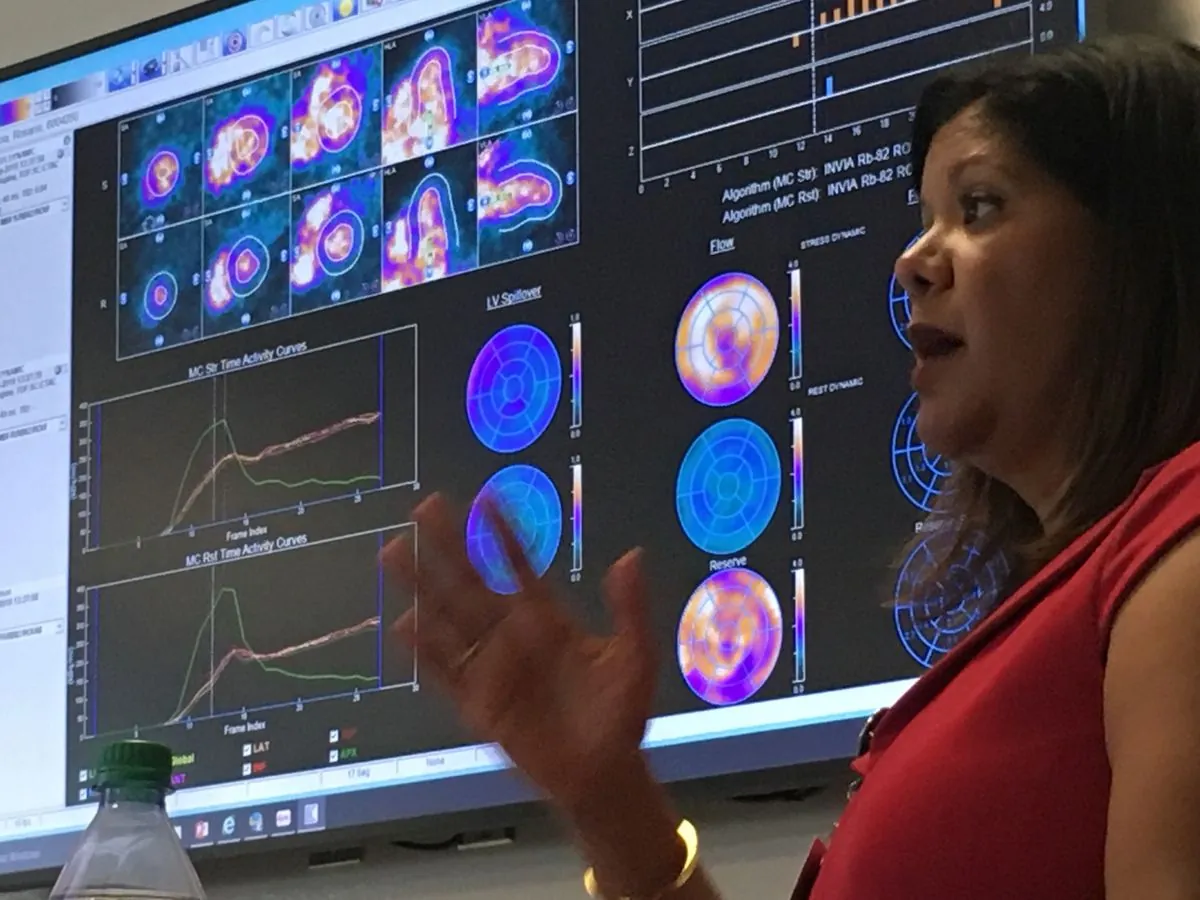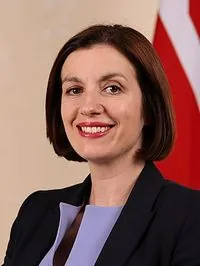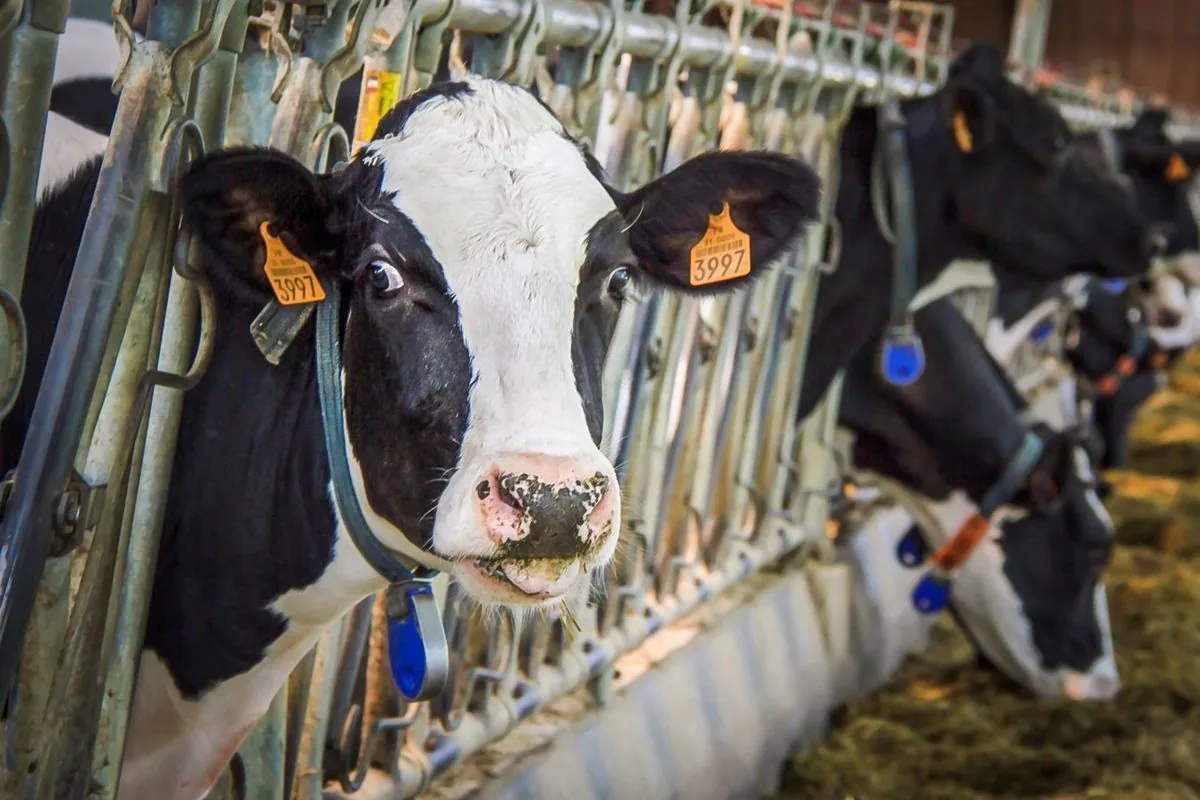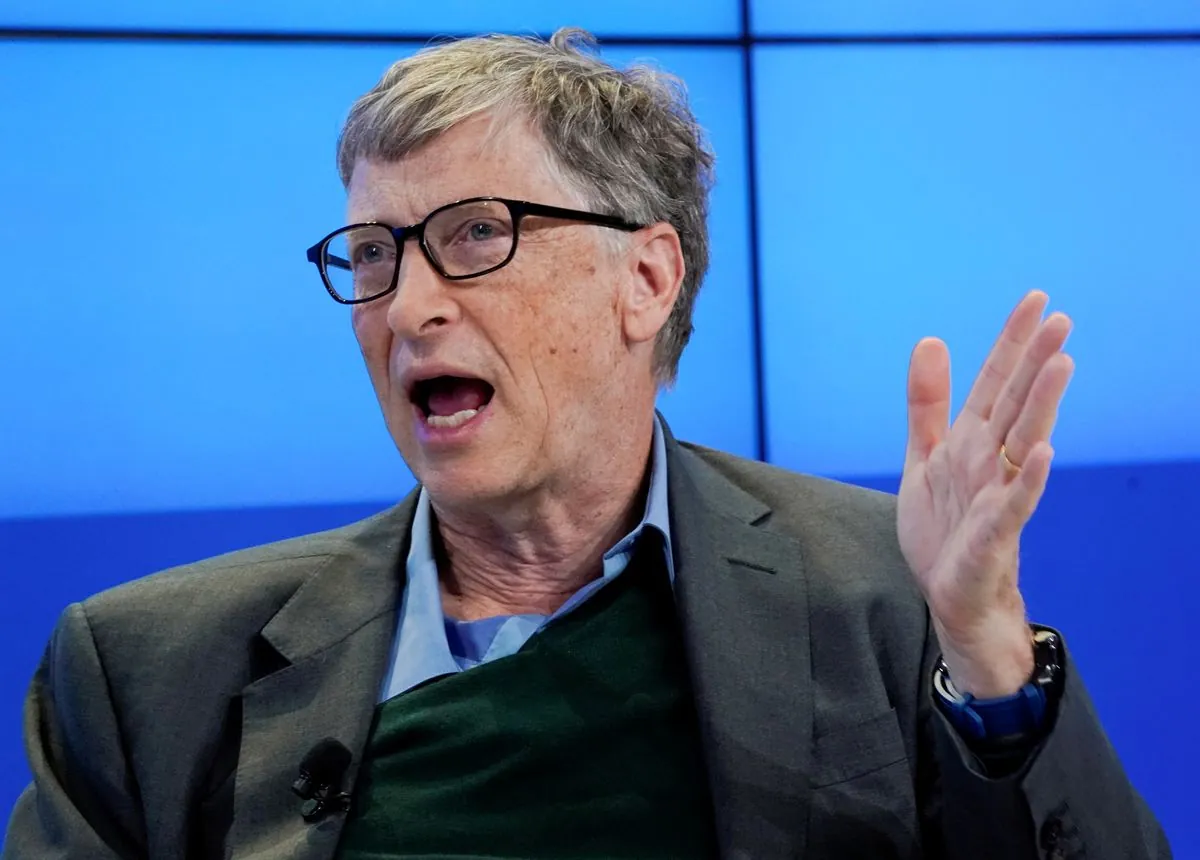Meta's Clegg Criticizes X, Downplays Social Media's Political Impact
Nick Clegg, Meta's global affairs head, criticizes Elon Musk's X platform and discusses social media's role in politics. He highlights Meta's efforts to reduce political content and improve child safety online.
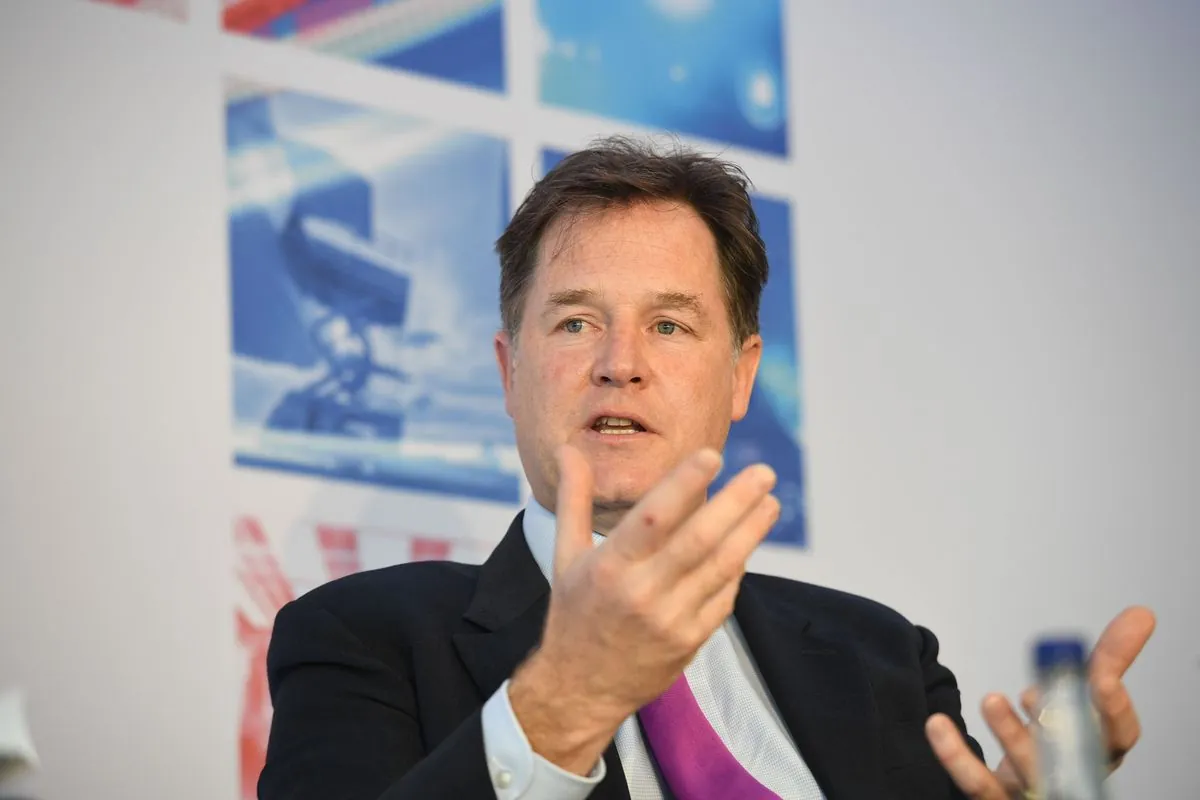
Nick Clegg, Meta's head of global affairs, has offered a critical assessment of Elon Musk's X platform, formerly known as Twitter. Clegg characterized X as a "hyper-partisan ideological hobby horse" used by a small elite group for political discussions.
In contrast, Clegg emphasized Meta's approach to content on Facebook and Instagram, stating that these platforms have deliberately reduced political and news content. According to Clegg, this decision was driven by user preferences, with many expressing a desire to see less political content in their feeds.
"What we keep hearing from our users over and over again is 'can you just get politics out of my feed, I don't want it'. The total amount of politics and current affairs on our services now as a proportion of the total is less than 3pc."
Clegg's comments highlight the evolving landscape of social media platforms and their role in political discourse. While X, with its approximately 400 million monthly active users, is portrayed as a niche platform for political debates, Meta's Facebook boasts over 3 billion monthly active users worldwide, with Instagram following at over 2 billion.
The former UK Deputy Prime Minister also addressed concerns about social media's influence on elections and political behavior. Contrary to popular belief, Clegg suggested that the impact of technology on voting decisions is often exaggerated. This perspective comes as Clegg prepares to face a Senate committee next week regarding tech companies' role in elections.

Interestingly, Clegg noted that artificial intelligence (AI) has had minimal impact on recent elections, despite widespread concerns about technologies like deepfakes potentially manipulating voters. This observation comes amidst ongoing debates about the potential risks of AI in political contexts.
Regarding online safety for children, Clegg revealed that Meta has introduced numerous tools to give parents more control over their children's online experiences. However, he expressed frustration that many parents are not utilizing these safety features. This disclosure comes in response to discussions about setting minimum age requirements for social media use, as proposed by Australian Prime Minister Anthony Albanese.
Nick Clegg's journey from UK politics to the tech industry is noteworthy. After serving as Deputy Prime Minister from 2010 to 2015 and leading the Liberal Democrats into a coalition government with the Conservative Party, Clegg joined Facebook (now Meta) in 2018 as Vice President of Global Affairs and Communications.
As social media platforms continue to evolve, the debate over their role in shaping public discourse and political landscapes remains crucial. Meta's decision to deprioritize political content, contrasting with X's apparent embrace of political discussions, reflects the diverse approaches taken by major tech companies in navigating these complex issues.








